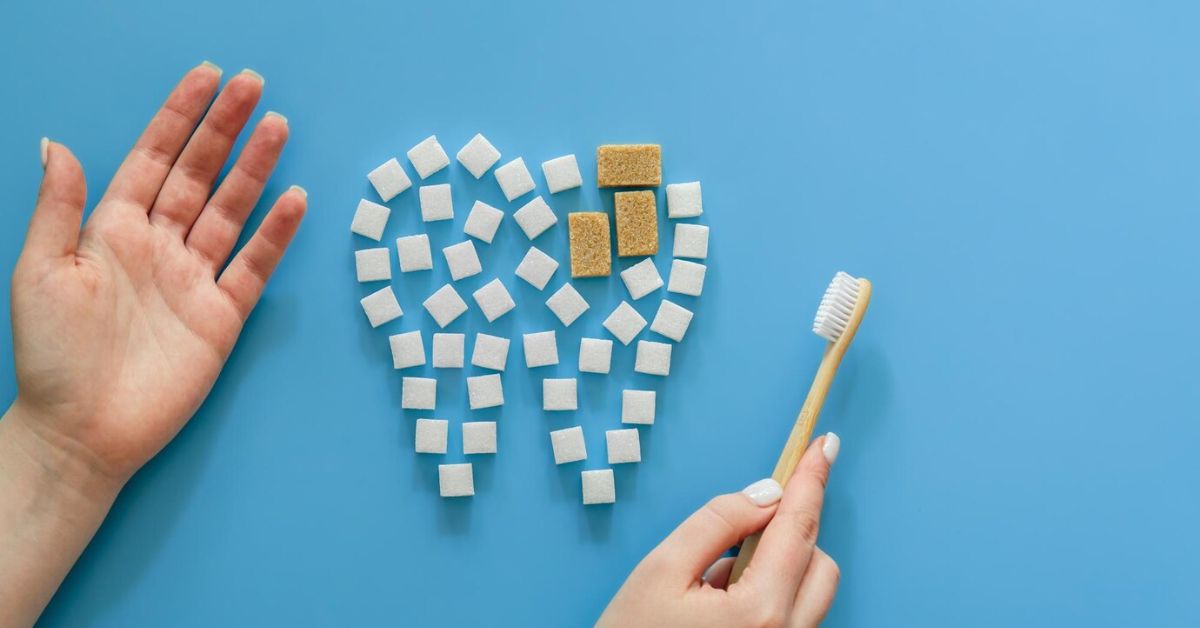Dental crowns are a vital solution for restoring damaged or decayed teeth, providing both functional and aesthetic benefits. However, ensuring their longevity requires diligent care and maintenance. This guide offers an in-depth look at how to properly care for your dental crown, helping you preserve its durability and maintain optimal oral health.
Why Proper Dental Crown Care Matters
Dental crowns act as protective caps that restore the shape, size, and strength of a tooth. While crowns are designed to be durable, they are not indestructible. Neglecting proper care can lead to complications such as:
- Decay: The tooth underneath the crown remains susceptible to decay if plaque accumulates around the edges.
- Gum Disease: Poor hygiene can lead to inflammation and infection in the surrounding gums.
- Crown Damage: Hard or sticky foods can crack or dislodge crowns.
- Premature Failure: Without proper care, crowns may require replacement sooner than expected.
By investing time in dental crown maintenance, you protect your oral health and ensure your crown remains functional for years.
Brushing and Flossing Tips
Maintaining excellent oral hygiene is essential for preserving your dental crown. Here’s how:
Brushing
- Use a soft-bristled toothbrush to avoid scratching the crown’s surface.
- Brush at least twice daily using fluoride toothpaste to strengthen enamel and prevent decay.
- Hold the toothbrush at a 45-degree angle to clean the gum line effectively.
- Pay extra attention to areas where the crown meets the gumline, as plaque tends to accumulate there.
Here are some more tips on brushing your teeth.
Flossing
- Floss daily to remove debris between teeth and around the crown.
- Use floss threaders or water flossers for better access to tight spaces.
- Avoid pulling floss upward; instead, slide it out gently to prevent dislodging the crown.
Mouthwash
- Rinse with an antimicrobial mouthwash after brushing and flossing to kill bacteria and reduce plaque buildup.
- Choose alcohol-free mouthwash to avoid weakening the adhesive bond of your crown.
Foods to Avoid with a Dental Crown
Certain foods can compromise the integrity of your dental crown. To protect it, steer clear of:
- Hard Foods: Ice cubes, hard candies, nuts, and raw vegetables can chip or crack crowns.
- Sticky Foods: Caramel, taffy, chewing gum, and other sticky substances may pull at the crown.
- Tough Meats: Chewy cuts like steak can place undue stress on crowns.
- Crunchy Snacks: Popcorn kernels and crusty bread can damage or loosen crowns.
- Sugary Beverages: Soda and sweetened drinks can erode the cement holding your crown in place over time.
Additionally, limit staining foods like coffee, tea, wine, and tobacco products to maintain your crown’s appearance.
What to Do If Your Crown Feels Loose or Falls Out
A loose or fallen dental crown requires immediate attention. Follow these steps:
- Save the Crown: If intact, store it safely until you see your dentist.
- Rinse Your Mouth: Clean your mouth gently with warm water to remove debris.
- Avoid Using That Tooth: Refrain from chewing on the affected side until resolved.
- Temporary Fixes:
- Use over-the-counter dental cement as a temporary adhesive if necessary.
- Contact Your Dentist Immediately: Schedule an appointment promptly for professional reattachment or replacement.
Ignoring a loose or missing crown can lead to further damage or infection in the exposed tooth structure.
When to See Your Dentist for Check-Ups
Regular dental visits are crucial for maintaining your dental crown and overall oral health:
- Routine Check-Ups:
- Schedule professional cleanings every six months to remove plaque buildup around crowns.
- Dentists can detect early signs of decay or gum disease during these visits.
- Emergency Visits:
- Seek immediate care if you experience pain, sensitivity, or notice visible damage to your crown.
- Night Guards:
- If you grind your teeth at night (bruxism), discuss using a night guard with your dentist to protect both natural teeth and crowns.
Additional Tips for Long-Term Crown Care
To maximize the lifespan of your dental crown:
- Choose Non-Abrasive Products: Use non-abrasive toothpaste specifically designed for sensitive teeth to avoid scratching your crown’s surface.
- Wear a Mouthguard During Sports: Protect your teeth and crowns from impact during physical activities by wearing a custom-fit mouthguard.
- Address Bruxism: If you clench or grind your teeth at night, consult your dentist about solutions like night guards.
- Limit Staining Substances: Reduce consumption of coffee, tea, wine, and tobacco products that may discolor porcelain crowns over time.
Conclusion
Proper care for your dental crown involves consistent oral hygiene practices, mindful eating habits, and routine dental visits. By following these guidelines, you can ensure that your dental restoration remains durable while supporting overall oral health.
For more information about dental crowns and adjacent tooth stability, visit Restoring Your Smile and Supporting Adjacent Teeth.
Frequently Asked Questions
Can I brush and floss normally with a dental crown?
Yes! You should brush and floss just as you would with natural teeth. Use non-abrasive toothpaste and soft-bristled brushes for gentle cleaning around your crowned tooth.
Do dental crowns stain over time?
Porcelain crowns are resistant to staining but not entirely immune. Regular exposure to coffee, tea, wine, or tobacco may cause discoloration over time.
What foods should I avoid with a dental crown?
Avoid hard foods (like nuts), sticky foods (like caramel), tough meats (like steak), crunchy snacks (like popcorn), sugary beverages (like soda), and staining items (like coffee).
By adhering to these practices and consulting with your dentist regularly, you’ll enjoy a healthy smile while maximizing the lifespan of your dental crown!











